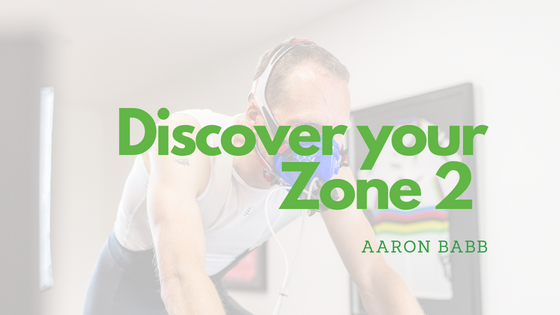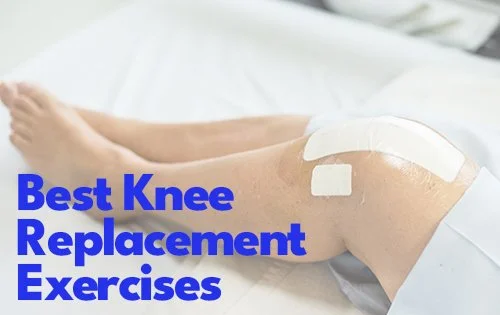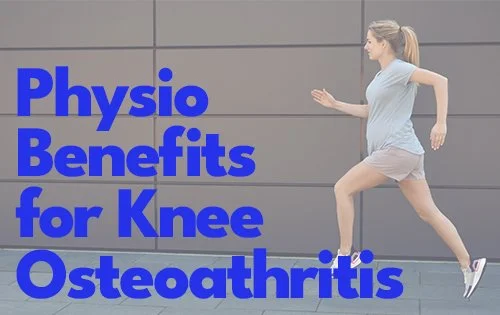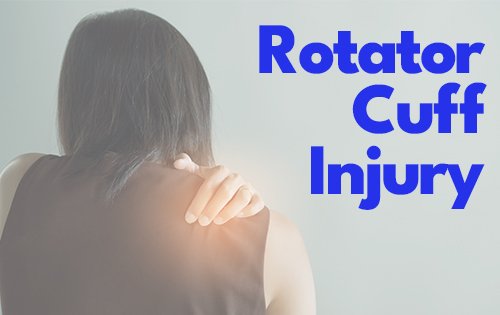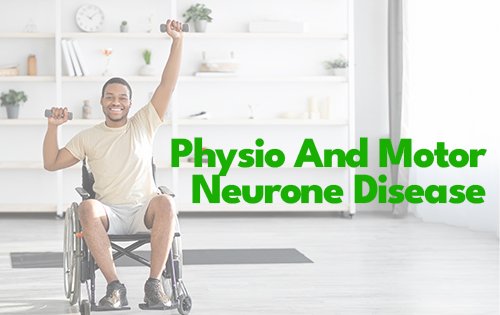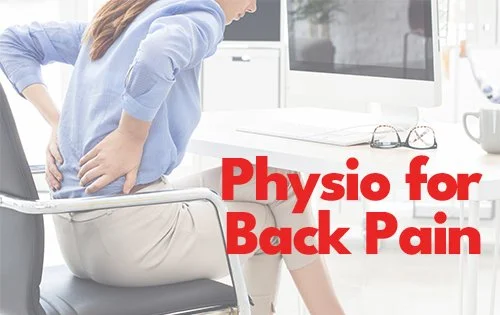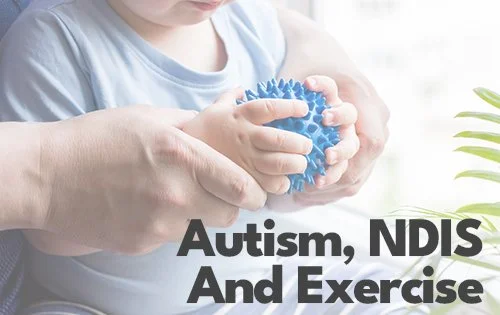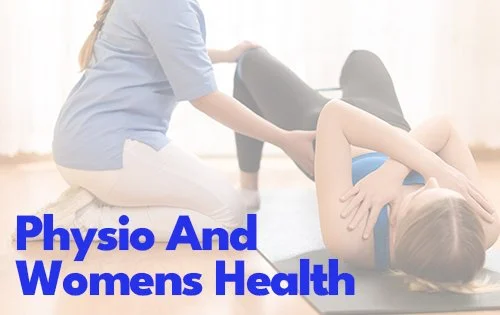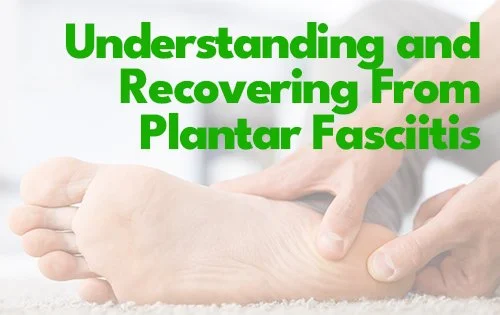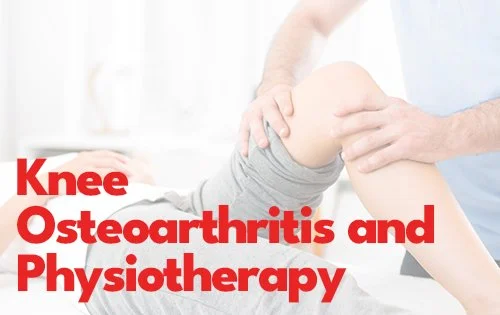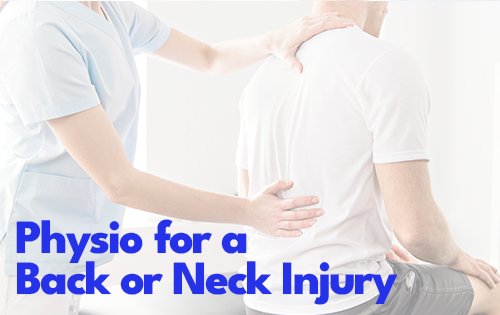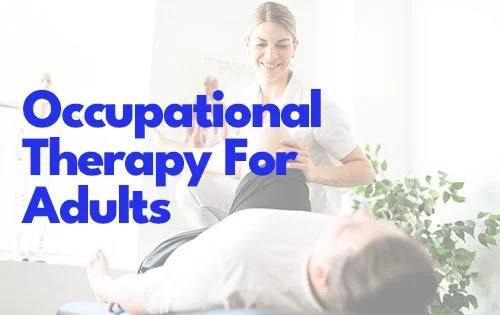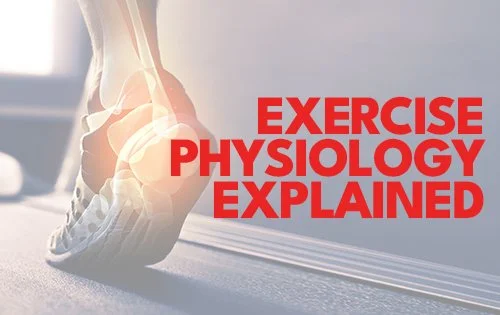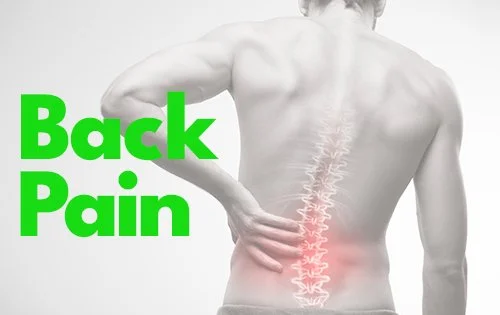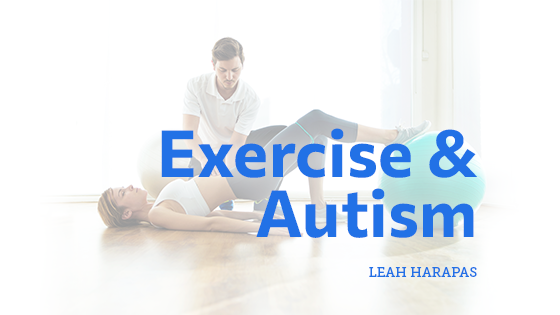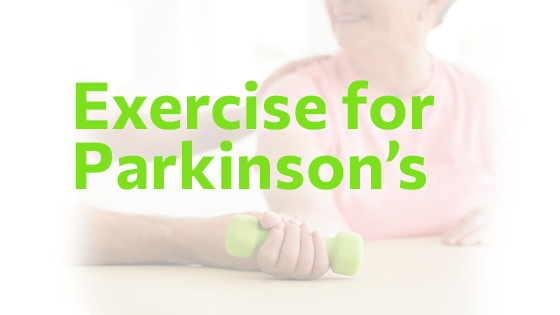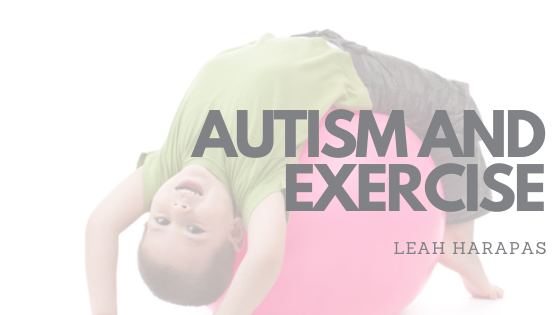As a Cyclist: How Can You Use Metabolic Testing to Find Your VO2max and Zone 2?
In this post, we'll go through how metabolic testing can help cyclists train more effectively and perform better. We'll go through the fundamentals of metabolic testing, how to determine your VO2max and Zone 2, and how to use this knowledge to create training plans that work.
What Is A Game Ready Machine And How Can It Help My Injury Recovery?
The Game Ready Med4 Elite is a medical device designed to help accelerate the recovery process after knee surgery. Aevum Health explains how a game ready machine can help you.
What Are The 4 Best Exercises To Do After A Total Knee Replacement?
After undergoing total knee reconstruction surgery, it is important to follow a strict Physio rehab program to help the knee heal. Read on to see how Aevum can help.
The Benefits of Physiotherapy for Knee Osteoarthritis
While there is no cure for knee osteoarthritis, physiotherapy can effectively manage the condition's symptoms & improve quality of life. Here's what you need to know.
Rotator Cuff Injury And How Aevum Health Can Assist
Rotator cuff injuries are common among men & women. As a Physio, our first goals are to restore function, reduce pain and avoid surgery. Here's what you need to know.
How Physiotherapy Can Assist With Motor Neurone Disease
Aevum Health have specialised equipment that can assist alongside an exercise therapy program guided by our Physio & Exercise Physiology team under the NDIS. Read on for more.
Exercise And Down Syndrome: Why It’s Crucial To Stay Active
Exercise can be an effective treatment option for people with Down Syndrome. Aevum Health explains the benefits of exercise and why it is so important.
Can Physiotherapy Help My Back Pain?
Physiotherapy is a type of rehabilitation that focuses on improving movement and function, and it can be an effective treatment option for people with back pain.
Autism, The NDIS And How Exercise May Be Able To Help?
A specific program designed by an Exercise Physiologist can be an effective treatment option for people with autism. Aevum Health explains why.
How A Physio Can Help With Women's Health
Women’s bodies are tough, but they also need plenty of TLC and a physio can assist with a range of ailments to keep your body in top shape. Aevum Health explains.
Physio vs Chiro - What Is Best For You
If you are experiencing pain, you may benefit from seeing a professional. But who? Is a physio the right choice or would a chiro be a better fit? Aevum explains.
Understanding and Recovering From Plantar Fasciitis
Many people suffer from plantar fasciitis. Aevum Health give you tips & advice on how to ease your pain & see improvement. Book in with us today to see how we can help you.
Knee Osteoarthritis and Physiotherapy
Osteoarthritis is the most common form of arthritis in Australia. Aevum Health explains everything you need to know & what you can do to ease pain. Book Aevum today for more advice.
Physio for a back or neck injury
Back & neck pain is the most common presentation to any Physio clinic in Sydney. There are a few reasons for this. Aevum Health explains more about back & neck injuries.
Top 10 Ways Occupational Therapy Can Help Adults
Occupational Therapy has many benefits for physical and mental illness, allowing adults to live a healthier and longer life. Aevum Health explains how we can help you.
Exercise Physiology Explained - What You Need To Know
Exercise physiologists help those with physical and mental illness, or injury, recover through safe and effective exercise plans. Contact Aevum Health to learn more.
Common Back Injuries and How Physiotherapy Can Help
Whether you have sore muscles, a bulging disc, arthritis, or something else, physiotherapy treatment can help you feel better quickly, as Aevum Health explains.
Benefits of Exercise For People With Autism
My name is Leah and I am an accredited Exercise Physiologist. I wanted to provide the Autism community with some information on the benefits of exercise physiology (EP) for ASD. It is so important for individuals and families to know what EP is and how important is for those with autism.
Exercise for Parkinson’s Disease
Neurological diseases are one of the leading causes of disability worldwide (1). Among this, Parkinson’s Disease (PD) It is the second most common neurological condition in Australia and it is estimated that PD will affect 8.7-9.3 million people worldwide by 2030 (2). Being such a significant health burden, it is paramount to minimise this and work to find appropriate treatment, management and an eventual cure. Thankfully, exercise is deemed a safe and cost-effective preventative tool to manage idiopathic PD with mild to moderate symptoms and improve the overall quality of life of those affected.
AUTISM: REACHING YOUR FULL POTENTIAL WITH EXERCISE
Autism Spectrum Disorder is a condition we, as allied health professionals, are starting to learn more and more about all the time. The technical description of Autism is a “neurodevelopmental syndrome where significant deficits are present in communication and social reciprocity”1. This essentially means that individual’s with Autism, have difficulties with communicating and interacting socially. Additionally, Autism populations can also show characteristics such as repetitive behaviors and restrictive interests2. We knew that in 2015, there were 164,000 Australians diagnosed with Autism3. It is important to note however that no two individuals with Autism are the same. Autism can be classified as either mild, moderate or severe and while there is no cure for Autism, there are many different therapies that can help people achieve their full potential! One type of therapy which we know is significantly beneficial for this type of disability is exercise therapy. Find out below why!

